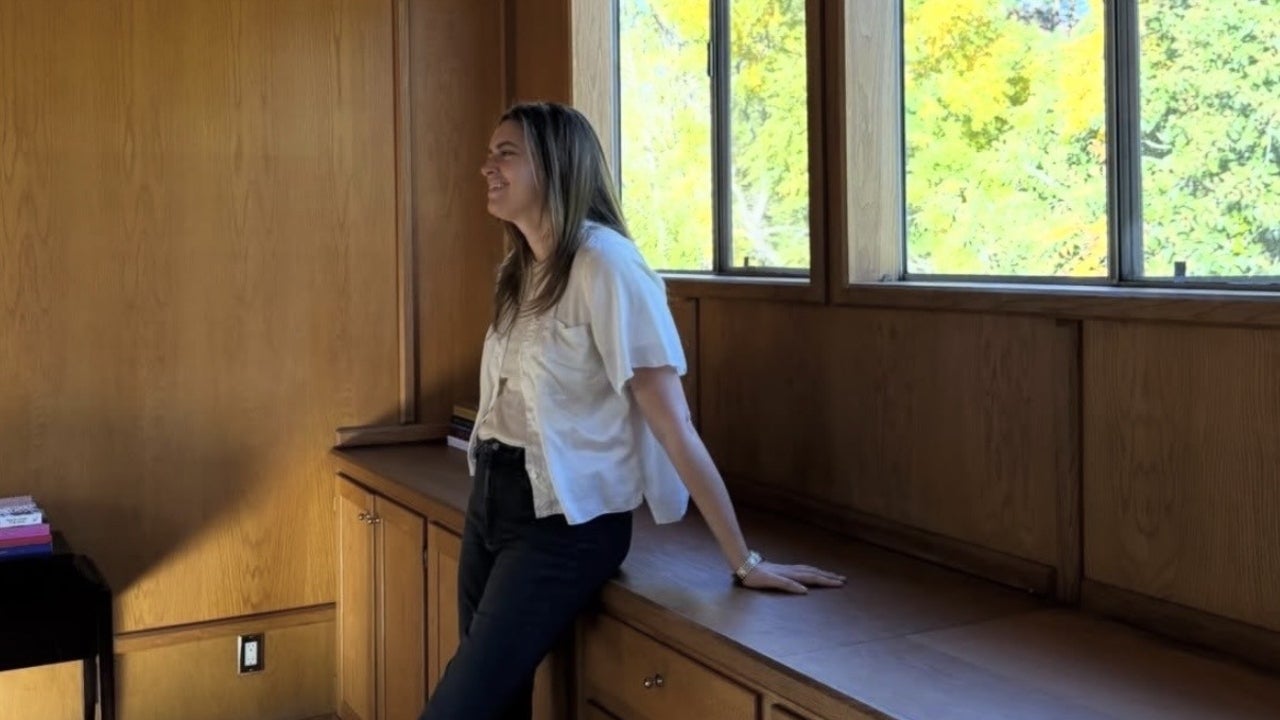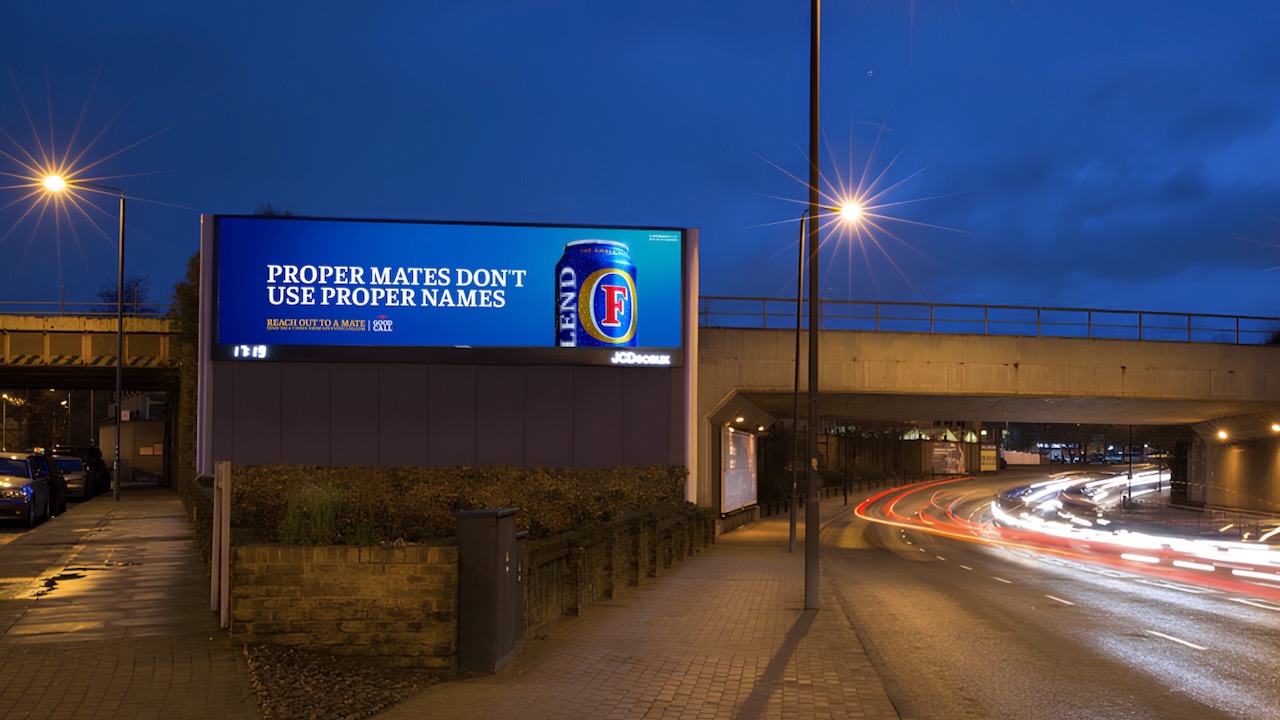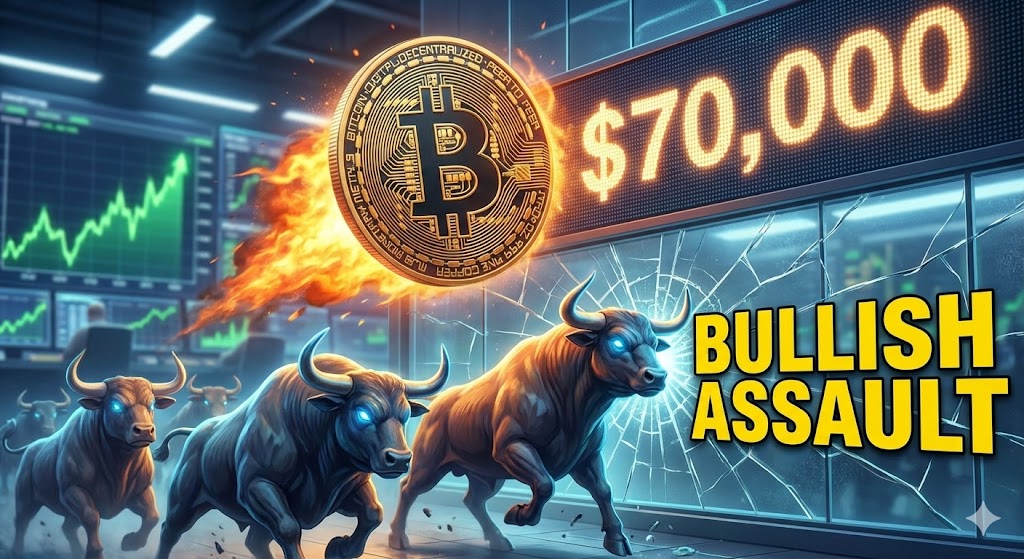President Trump Delays US TikTok Ban for Another 90 Days
TikTok will remain available, despite another deadline for its US sell-off passing by.

The saga continues…
As expected, U.S. President Donald Trump has once again signed an executive order that will give TikTok a further 90 days to find a U.S.-based partner, in order to comply with a law which states that all entities owned by TikTok parent ByteDance are effectively banned in the nation.
As per the White House press release:
“The enforcement delay specified in section 2(a) of Executive Order 14166 of January 20, 2025, is further extended until September 17, 2025. During this period, the Department of Justice shall take no action to enforce the Protecting Americans from Foreign Adversary Controlled Applications Act, or impose any penalties against any entity for any noncompliance with the Act.”
So the law is still in place, but the government won’t enforce it, with the Attorney General to provide written assurances to Apple, Google and other providers that they won’t get fined for hosting TikTok.
TikTok has welcomed yet another extension:
“We are grateful for President Trump's leadership and support in ensuring that TikTok continues to be available for more than 170 million American users and 7.5 million U.S. businesses that rely on the platform as we continue to work with Vice President Vance's Office.”
As the White House release notes, the extension will now give TikTok till September 17th to come up with a U.S. sale arrangement, or it’ll once again face a full ban in the U.S.
Or, in all probability, Trump will just extend it once more.
Thus far, Trump has seemed more than willing to keep on signing new executive orders, in order to keep the app running in the U.S., holding off on enforcement of the Senate-approved law, in contravention of the lawmaking process.
But as President, he is empowered to make that call, and legal experts say that it’s unclear how many times he can extend the deadline. And with Trump noting that he has “a warm spot” in his heart for the app, which he’s also claimed helped him win the 2024 U.S. election by maximizing his connection with young voters, it doesn’t seem like the app’s going to get cut off anytime soon, despite the bill.
Indeed, come September, it will be over 250 days since TikTok was officially banned in the U.S., and yet, it’ll still be operating in the region as normal. Recent U.S.-China trade arrangements may help to ease tensions on this front, and facilitate an eventual deal. But really, given what we’ve seen thus far, it doesn’t seem like TikTok’s going anywhere either way.
Which isn’t quite the assurance and security that creators and brands using the platform ideally need.
But for now, the great TikTok-U.S. saga continues.
The whole ordeal has actually been dragging on for years, starting back in 2019, when initial government bans of the app were implemented.
As a contextual refresher, here’s a full timeline of the saga:
As noted, throughout 2019, amid rising concern about TikTok’s potential ties to the Chinese government, various U.S. officials announced bans and restrictions on the app on government-owned devices, marking the first indicators of government-level concerns about the security of the app. In August 2020, in the midst of the COVID pandemic, U.S. President Donald Trump said that he would be moving to ban TikTok in the U.S. entirely, in order, he initially claimed, to punish China for the spread of the virus. After the U.S. government oversaw various bids for the app, TikTok looked like it was close to being sold to Oracle in September 2020, but following his inauguration in February 2021, incoming U.S. President Joe Biden abandoned the TikTok sell-off push, citing irregularities and inconsistencies in the process. The Biden Administration then initiated a full security review of the app, which led to new calls for TikTok to be banned due to undisclosed national security concerns. In November 2022, the then-head of the FBI told a House Homeland Security Committee hearing that the bureau has "national security concerns" about the U.S. operations of TikTok, noting specifically that “the Chinese government could use it to control data collection on millions of users or control the recommendation algorithm, which could be used for influence operations if they so chose.” In March 2023, a group of U.S. senators introduced a bill to address the security threat posed by TikTok. In the same month, TikTok CEO Shou Zi Chew appeared before the House Committee on Energy and Commerce to plead the case that TikTok is complying with U.S. data security requirements. In October 2023, U.S. senators called on TikTok to explain its decision to place Chinese Bytedance staff into key roles at TikTok, seemingly contradicting its claims of independence. In November 2023, U.S. senators once again raised concerns about TikTok amid allegations that it was promoting pro-Palestinian content. In January 2024, media reports suggested that TikTok was still sharing data with China, despite the company’s denials. In February 2024, TikTok CEO Shou Zi Chew again appeared before the U.S. Senate, where he faced more questions about the data obligations of the company. In March 2024, the House of Representatives passed a bill that would give ByteDance six months to divest the U.S. assets of the short-video app, or face a ban. The bill passed 352-65 in a bipartisan vote. Later that month, national security officials held closed-door briefings with U.S. senators to highlight the threat posed by TikTok In April 2024, the U.S. Senate approved the “Protecting Americans from Foreign Adversary Controlled Applications Act,” which “prohibits distributing, maintaining, or providing internet hosting services for a foreign adversary controlled application (e.g., TikTok),” among other measures. The final vote on the bill was 79 to 18 in favor. Rather than explore a sell-off, TikTok instead opted to challenge the bill in court, and in May 2024, TikTok launched its legal case against the law, suggesting that it unfairly targets TikTok and ByteDance, for no reason outside of the “hypothetical possibility” that the app poses an actual threat. In December 2024, a U.S. appeals court rejected TikTok’s bid to disqualify the U.S. government’s enforced sell-off bill, In January 2025, the Supreme Court upheld the appeals court’s decision on the TikTok bill. In his final days in office, then-President Joe Biden said that he would not look to enforce the TikTok ban on January 19th, 2025, when it went into effect, leaving it to incoming President Trump to action as he saw fit. TikTok went offline on January 19th, amid uncertainty about potential enforcement. The app was down in the U.S. for approximately 20 hours. Following his inauguration as President, Donald Trump issued an executive order that granted TikTok an additional 75 days to work out a U.S. sell-off deal. In April 2025, Trump granted TikTok a second 75-day extension via executive order.Which brings us to today, with TikTok still clinging to its Trump life-raft in the U.S., and hoping that the whole thing will just go away somehow.
It’s also worth noting that it’s never been clarified what threat, exactly, TikTok poses as the basis for this law, as the full presentations shown to senators by cybersecurity officials have been withheld from the public. The three areas of concern are the links between TikTok and the Chinese government, TikTok’s data collection practices, and Chinese foreign influence operations within the app. Which of these is considered the bigger concern, however, and to what extent U.S. authorities have detected such, we don’t know, which is another element that’s added to the ongoing confusion.
And at the same time, TikTok’s still trying to sway U.S. senators in its favor, even sending a former WNBA player to engage with Texas legislators in Austin recently, and advocate on its behalf.
I mean, a 6’4” woman is certainly a unique messenger, but with the law already enacted, there’s not really anything local senators can do either way.
But clearly, TikTok remains confident that it’ll still be around, and with another extension of its negotiation period, it does seem like it will.

 MikeTyes
MikeTyes 







![Silent But Mighty: How Soundless Videos Are Winning Social Media [+ 2025 Data]](https://www.hubspot.com/hubfs/Soundless%20Videos%20We%20Love.png)



![How TikTok, Canva, & Other Top Marketing Teams Outperform the Rest [New Data]](https://www.hubspot.com/hubfs/Featured%20Image%20Template%20Backgrounds-1.png)




















